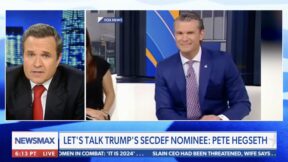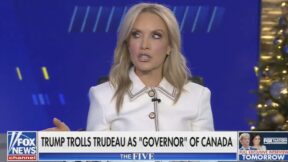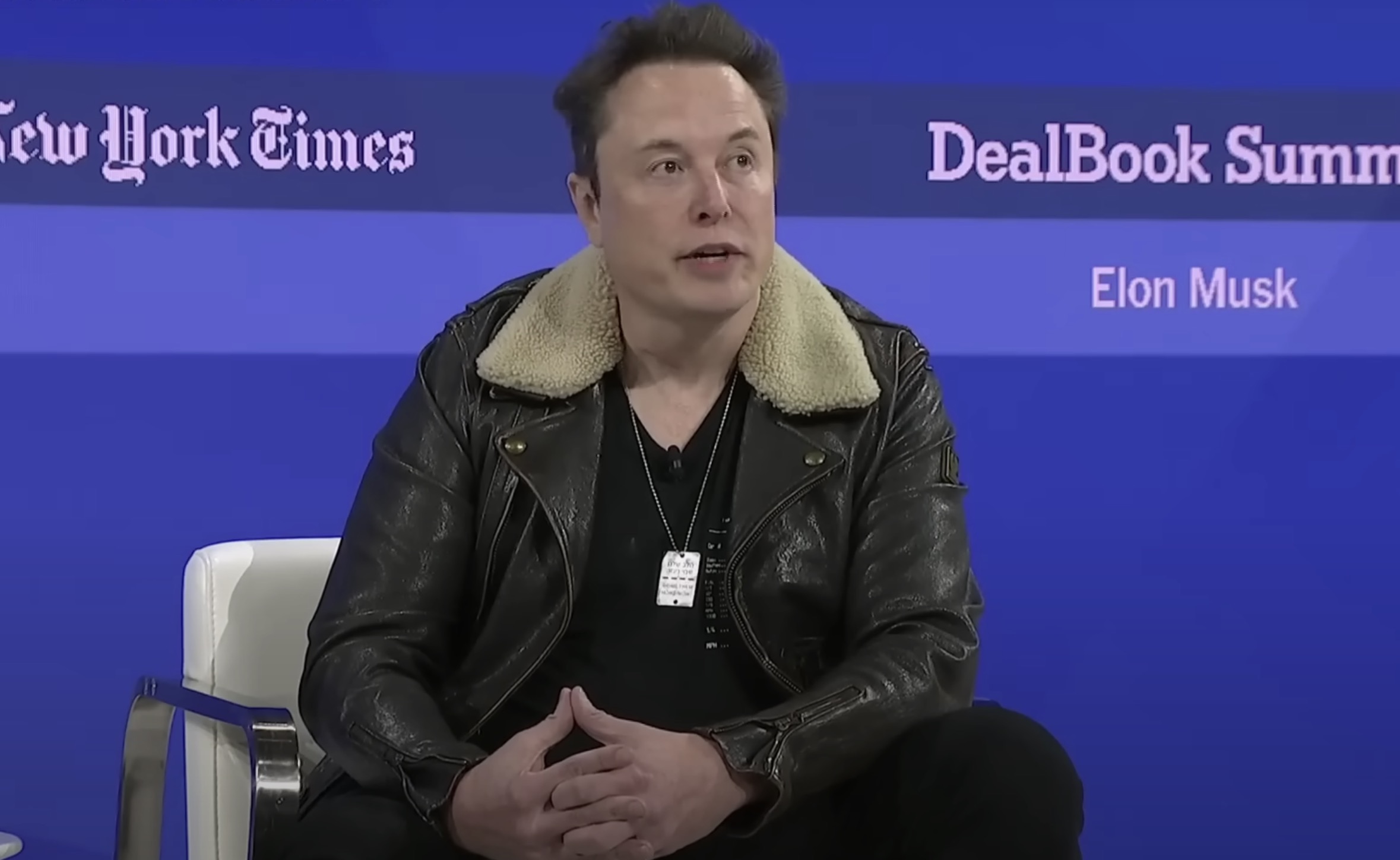When Elon Musk drastically overpaid to buy Twitter for $44 billion last year, advertising made up nearly 90 percent of its revenue. That would prove to be a problem for the erratic billionaire who once declared, on Twitter, “I hate advertising.”
Musk reminded the world of his disdain for advertisers in an appearance at the New York Times DealBook Summit earlier this month, when he lashed out at companies who were pausing their spending on the platform, telling them bluntly: “Go fuck yourselves.”
As 2023 comes to a close, Twitter is in dire financial straits. Its value has plummeted as Musk made drastic changes to its aesthetic and function, sparked outrage by welcoming back toxic users, scared off blue-chip advertisers with controversial decisions and behavior, and renamed the platform X.
The chaos has prompted many on X and elsewhere to gloat that Musk is running the platform into the ground. Musk himself even warned the company is facing collapse. In his wild DealBook interview with Andrew Ross Sorkin, Musk said the advertiser troubles are “going to kill the company. And the whole world will know that those advertisers killed the company, and we will document it in great detail.”
But is X actually facing an imminent collapse?
I called up Andy Wu, an assistant professor of business administration at Harvard Business School, and put the question to him. He said all the doomsaying belies the fact that Musk is rich enough to fund X’s losses for as long as he wants to.
“He personally can afford to sustain [X] in perpetuity if he chooses,” Wu said.
Twitter has never been a money-maker. The company posted a loss for eight out of the last ten years. “It’s important to keep in mind that Twitter was an extremely troubled company before Musk took over,” Wu said, with annual losses often in the hundreds of millions of dollars.
Now, X faces even steeper financial odds. It took on $13 billion in debt during Musk’s acquisition, financed mostly by banks including Morgan Stanley and Bank of America. Musk will have to regularly pay down that debt in cash.
Other costs have decreased. His first move at Twitter was to implement serious cost-cutting measures, including slashing Twitter’s overloaded workforce (it previously stood at some 8,000 employees). Musk said he laid off 80% of them. “The cost structure to operate the company is actually relatively low now,” Wu said. The cuts were so steep that Wu said if Musk kept Twitter as it was and simply implemented staffing cuts, the company would be profitable.
He did not, instead embarking on a wild year in which saw advertising revenues collapse. Musk can make some of that money back through his subscription play X Premium, but he’s reportedly nowhere near making the company profitable. Internal numbers now peg the value of X at less than half of what Musk bought it for. Outside analysts believe its value is even lower.
Musk is right that he needs advertisers for X to ever expect to make money. Wu said that according to a Harvard analysis of Twitter’s financials, which were publicly available before the company was made private, “there’s no real way to keep the company afloat without some significant contribution from advertising.”
That means that without advertising, X will struggle to be a profitable company. But it doesn’t mean X will fail.
“It’s a time honored tradition that the global media industry is either run by governments or run by wealthy individuals,” Wu said, pointing to billionaires like Jeff Bezos (owner of the unprofitable Washington Post), Mark Benioff (owner of the unprofitable Time magazine); and Laurene Powell Jobs (owner of the unprofitable Atlantic).
“Those are situations where we don’t really expect them to turn a significant profit,” Wu said. “It’s totally fine if Bezos runs a loss at the Washington Post. If you view it in that lens, that this is really a matter of power and control and influence, then I think it makes complete sense for Musk to run the losses.”
Musk is richer than any of those billionaires. In fact, he’s currently the richest man in the world, with a wealth estimated at more than $200 billion.
Ultimately, Musk will have to choose: does he want to be beholden to the whims of advertisers, or does he want complete freedom to run X as he likes? The latter option is a feasible, but costly one.
“Musk has to make a decision here and accept it about whether or not he wants to let the advertisers run the show or if he wants to run the show,” Wu said. “But then if you’re running the show yourself, you got to just take the losses.”







